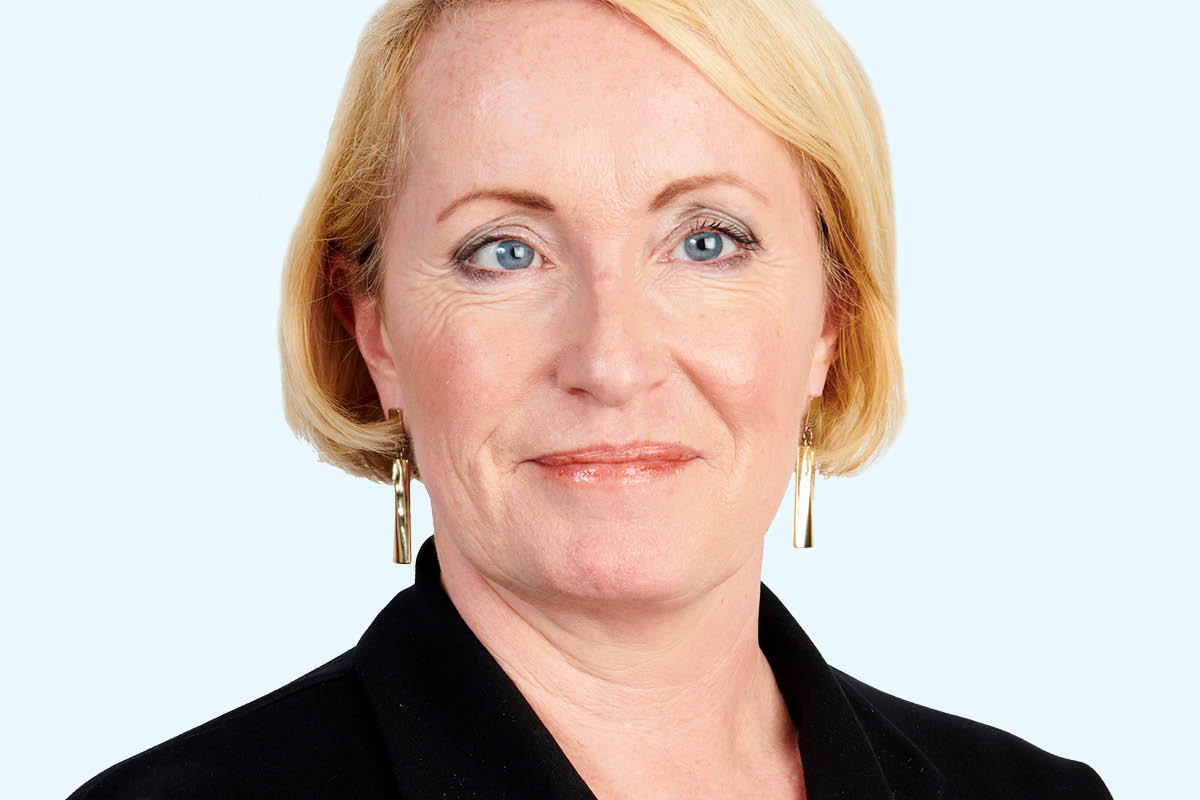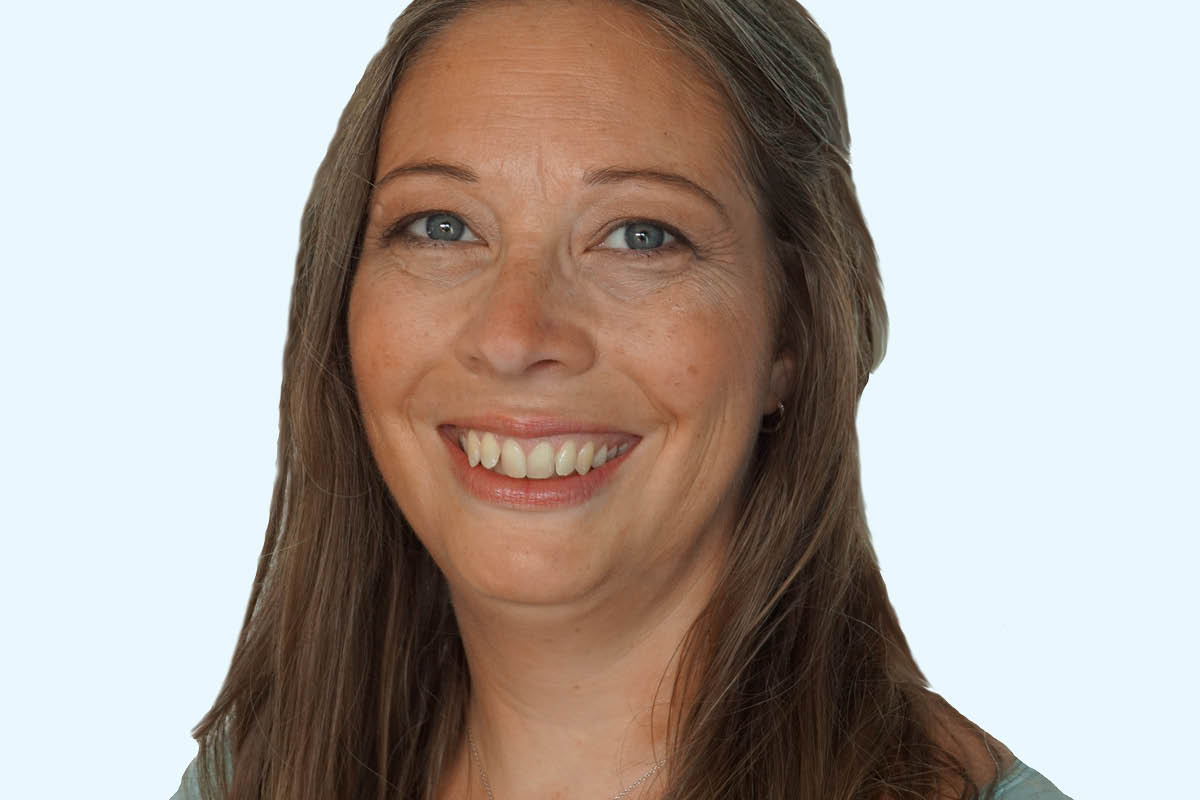You are viewing 1 of your 1 free articles
 Denise Fowler
Denise FowlerLet’s use International Women’s Day to highlight how important housing is to women’s equality
The statistics show that nowhere in England can a single woman on an average woman’s salary afford to privately rent a home of her own, let alone buy. On International Women’s Day, Denise Fowler says there is still a lot of work to be done in housing to ensure women’s equality

The theme for International Women’s Day 2021 is ‘choose to challenge’. As a sector, we need to challenge ourselves to do more to empower and support women living in our homes.
In 2021, women still earn significantly less than men. The hourly pay gap is around 16%, but because women are more likely to work part-time and to have gaps in employment as a result of caring responsibilities, the overall gap in incomes is around 31% and the gap is wider for disabled women, Black women and Asian women.
The National Housing Federation has worked with the Women’s Housing Forum to map private sector rents against men and women’s incomes in each region of England.
Shockingly, in 2020 there was still no region in England where a single woman on an average women’s salary could afford to privately rent a home of her own, let alone buy. On average in England, rents would account for 41% of a woman’s earnings compared to 28% of a man’s income.
The coronavirus pandemic has made things worse. Women are over-represented in many of the sectors that have been hit hardest. Women are more likely to have been furloughed or made redundant.
A Fawcett Society survey found that a third of working mothers reported having lost work or hours during the pandemic. This rose to 44% when it came to Black, Asian and minority ethnic mothers.
“A high-quality, safe, secure, affordable home plays a key role in tackling this structural inequality. As a sector we need to recognise this and do our best to meet women’s varied needs”
Women are also much more likely to experience domestic abuse, and are less likely to have the financial independence necessary to leave an abusive home.
Two women a week are killed by their partners. Cases soared during the pandemic. The home is a very dangerous place for so many women.
Women’s refuges have been overwhelmed and move-on accommodation remains a major challenge. The Domestic Abuse Bill looks set to provide greater support to many, though not all, women experiencing domestic abuse. Migrant women have been specifically excluded.
A high-quality, safe, secure, affordable home plays a key role in tackling this structural inequality. As a sector we need to recognise this and do our best to meet women’s varied needs.
For some women, a home in a women’s housing association like Women’s Pioneer is the ideal. For others that is less important, but homes still need to be built to take into account the reality of women’s lives – such as close to jobs, schools, transport and properly accessible for pushchairs and wheelchairs.
Let’s use International Women’s Day to highlight just how important housing is to women’s equality. Housing remains a feminist issue.
Denise Fowler, chief executive, Women’s Pioneer Housing
Sign up for our daily newsletter
Already have an account? Click here to manage your newsletters












